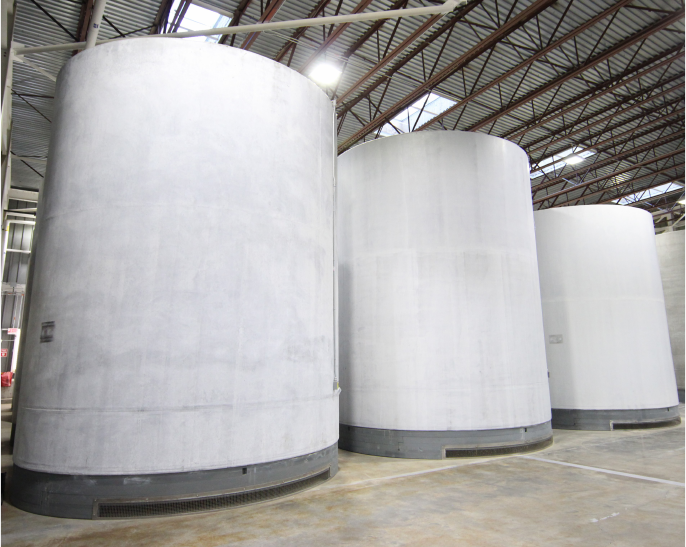
Press Release
Naval Nuclear Propulsion Program
Washington, DC
May 24, 2021
U.S. NAVAL NUCLEAR PROPULSION PROGRAM MEETS
IDAHO SETTLEMENT AGREEMENT SPENT NUCLEAR
FUEL DRY STORAGE MILESTONE
The U.S. Naval Nuclear Propulsion Program (NNPP) is responsible under federal law
for cradle-to-grave management of the Navy’s nuclear fuel. Management of naval spent
nuclear fuel on the Idaho National Laboratory (INL) is further governed by the 1995
Settlement Agreement and Consent Order (or “Agreement”) among the State of Idaho,
the Department of Energy, and the Navy, as amended by the 2008 Navy Addendum.
One of the key provisions of the Agreement is that the Naval Reactors Facility (NRF),
operated for the NNPP by the Naval Nuclear Laboratory, would place all naval spent
fuel that was in water pool storage prior to January 1, 2017 in dry storage before
January 1, 2023. The NNPP is proud to announce completion of this commitment more
than 18 months ahead of schedule.
All required naval spent fuel has been packaged into specialized canisters designed for
dry storage, transportation, and disposal. Loaded canisters are placed within robust
concrete overpacks and stored within dedicated buildings at NRF.
Meeting the dry storage provision of the Idaho Settlement Agreement represents 25
years of NNPP effort, informed by consultation and cooperation with State, Tribal, and
local partners. To date, the NNPP has placed over 30 metric tons of naval spent
nuclear fuel in dry storage, representing material from over 250 naval reactor cores.
The Department of Energy’s Idaho Operations Office contributed to this achievement by
supporting the transfer of naval spent fuel that was stored in a water pool at INL’s Idaho
Nuclear Technology and Engineering Center (INTEC) to NRF for packaging.
Approximately 40% of the naval spent fuel that is currently in dry storage was included
in this effort.
“The effort to meet this milestone was monumental. It is another example of our
continued efforts to protect the environment and our communities while continuing to
meet our Program commitments. This achievement was the result of the excellent work
done by people across the Naval Nuclear Propulsion Program and partnering
organizations.” - Admiral J.F. Caldwell, Jr., Director of Naval Reactors.

The Naval Nuclear Propulsion Program stores naval spent nuclear fuel in concrete
overpacks at the Naval Reactors Facility on the Idaho National Laboratory.
Additional Information: The NNPP’s mission is to provide militarily effective nuclear
propulsion plants and ensure their safe, reliable, and long-lived operation. Since 1957,
naval spent nuclear fuel removed from naval reactors at shipyards or prototype reactor
sites has been transferred to specially designed shipping containers and transported to
NRF via railcar. NRF maintains the unique capability to manage naval spent nuclear
fuel at end-of-life, including water pool facilities to support processing, examination, and
preparation for disposal.
NRF is also home to the first ever naval nuclear propulsion prototype plant, which
operated from 1953 to 1989 and replicated the propulsion plant aboard the
USS NAUTILUS (SSN 571), our Nation’s first nuclear-powered submarine. Since that
early success, NRF has continued to play a vital role in the nation’s ability to design,
build, operate and dispose of nuclear reactors for submarines and aircraft carriers. NRF
maintains a permanent workforce of approximately 1,400 contractor and Federal
employees.
For further information please contact Lee Smith, Naval Reactors Public Affairs Director, at
